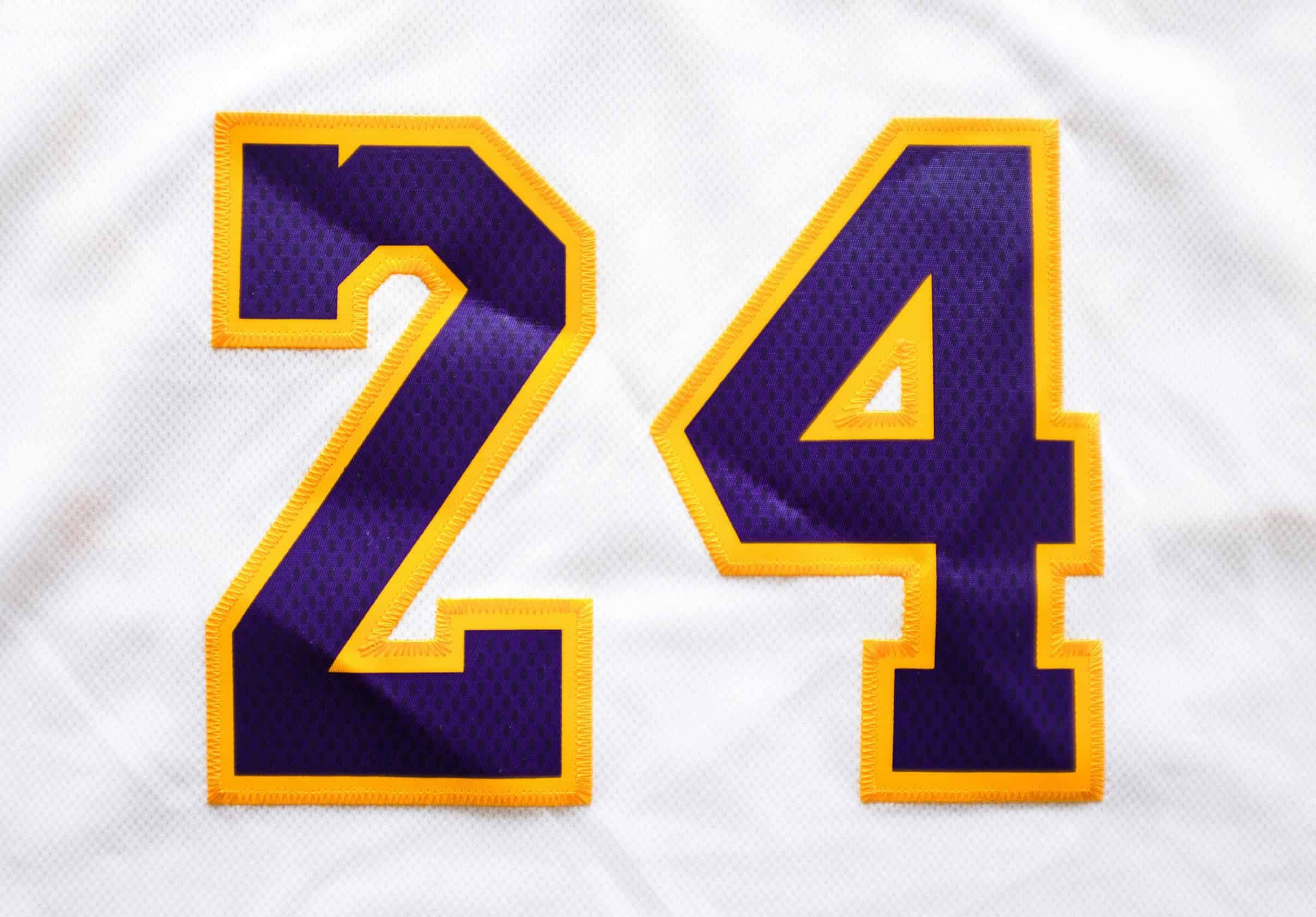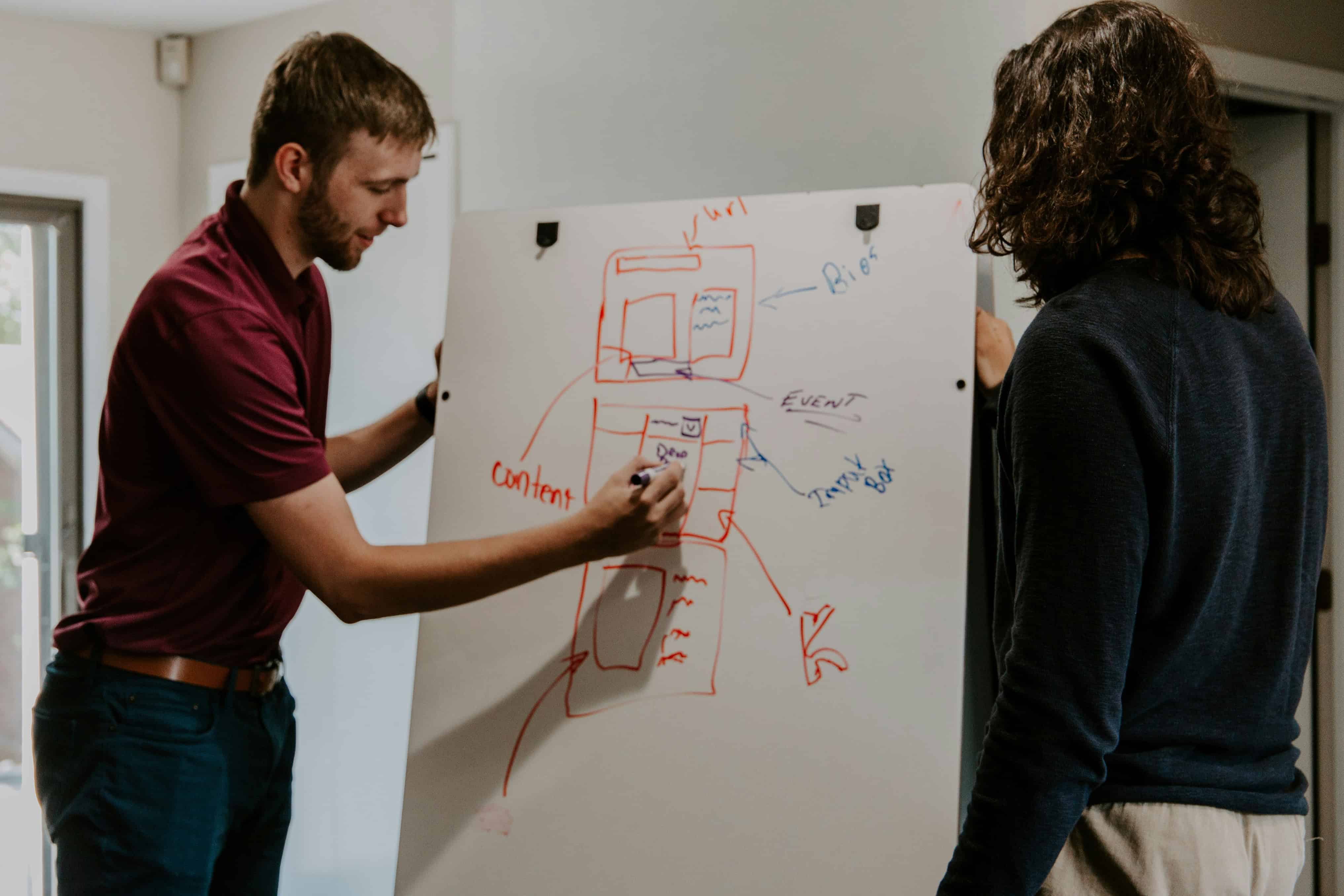“…My brain—it cannot process failure. It will not process failure. Because if I have to sit there and face myself and tell myself ‘You are a failure,’ I think that is almost worse than dying.” – Kobe Bryant
Failure. Just reading the word might make your stomach tighten or your thoughts drift to a moment when things didn’t go as planned. But what if I told you that failure isn’t the enemy we’ve been taught to fear? In fact, it’s quite the opposite—it’s the blueprint for success.
Kobe Bryant, one of the greatest basketball players of all time, didn’t shy away from failure. He embraced it, studied it, and used it as fuel to become even better. This relentless drive is what he called the “Mamba Mentality.” It’s not just about pushing through physical barriers, but about mastering the mental game as well. Today, we’re going to continue our Mamba mentality series and explore how you can apply this mentality to silence your inner critic, turn your failures into stepping stones to success, and start feeling motivated.
Understanding the Mamba Mentality

The Mamba Mentality is all about relentless pursuit of your goals, continuous self-improvement, and a refusal to let setbacks define you. Kobe Bryant didn’t see failure as a dead end. To him, it was simply a signpost pointing the way forward. Each mistake or defeat was an opportunity to learn and grow, a chance to refine his skills and come back stronger.
For Kobe, the Mamba Mentality was about more than just winning—it was about giving everything you’ve got, every single day, in every aspect of your life. It’s a mindset that demands resilience and a commitment to always strive for better, no matter the obstacles in your path. By focusing on our inner lives, we can make deliberate choices that align with our core values while managing our reactions to external events beyond our control.
The Inner Critic: Identifying the Voice of Doubt
We all have that little voice in our heads, the one that chimes in right when we’re about to take a leap of faith. This is the inner critic, and it loves to remind us of our past failures, magnify our flaws, and convince us that we’re not good enough.
The inner critic is dangerous because it masquerades as a defense mechanism to protect you, constantly reminding you about the past so you don’t make the same mistakes. In reality, it thrives on self-doubt, especially in moments of failure. It tells you that you’ll never succeed, that your mistakes define you, and that you should just give up. But the truth is, this voice isn’t telling you the whole story. The real challenge is learning how to turn down the volume on this critic so you can focus on what truly matters—growing from your experiences and continuing to move forward.
Failure as a Blueprint: Reframing Setbacks with a Mindset Shift

In my book, Mindset Mastery, I flip the script on failure. Instead of seeing it as a roadblock, think of it as a blueprint—a detailed guide showing you exactly where you need to improve and how overcoming failure is easier than you think. Each failure provides valuable insights that you can use to fine-tune your approach.
In real life, reframing setbacks and overcoming limiting beliefs can be seen in everyday situations, such as handling workplace challenges or personal relationships. Chapter 5 specifically talks about overcoming limiting beliefs and I express the worse thing I could ever convince myself was, “This is my new normal.” That was the voice of my inner critic discouraging me from making efforts towards improvement due to a perceived lack of hope. Here are some things you can do when you start to hear that annoying voice:
-
Have a purpose driven desire. Having a purpose-driven desire ensures that nothing can ever stop you from receiving what is meant for you. Attaching a purpose to your goal is one of the strongest ways to achieve them.
-
Challenge and reframe your mindset. Question the validity of your limiting belief and seek evidence that contradicts them. This is where, instead of asking why you deserve something, you ask why not? Reframe your thoughts to create more empowering and realistic outlooks.
-
Create Self-Awareness. I like to have a healthy balance between optimism and realism. While you can challenge and change your mindset, it’s possible to attach a limiting belief to a physical truth.
-
Use Affirmations. Using affirmations is a powerful strategy to transcend limiting beliefs and cultivate a more empowering mindset. By consciously formulating positive and affirming statements, individuals can counteract the influence of limiting beliefs and instill new, constructive thought patterns.
-
Visualizations. Using visualization as a tool to overcome limiting beliefs involves harnessing the power of mental imagery to reframe the narrative and shape a more empowering mindset.
(I dive deeper into these concepts in the book which you can download for free here)
Kobe Bryant knew this better than anyone. He missed plenty of shots, lost important games, and faced harsh criticism. But instead of letting those moments break him, he analyzed them. What went wrong? How could he do better next time? This approach allowed him to turn each failure into a lesson, paving the way for his future successes.
Understanding the Circles of Influence, Concern, and Control
One of the most powerful tools in managing your inner critic and applying the Mamba Mentality is understanding the Circles of Influence, Concern, and Control. Imagine three concentric circles. The innermost circle represents what you can control—your thoughts, emotions, and behaviors. The middle circle is your sphere of influence—things you can affect indirectly. The outermost circle contains your concerns—things outside of your control, like other people’s actions or world events.

The key to silence your inner critic lies in focusing on that innermost circle, which represents your direct control over your thoughts, emotions, and behaviors. Kobe understood this instinctively. He couldn’t control whether his shot would always go in, but he could control his preparation, effort, and mindset. By zeroing in on what’s within your control, you can let go of unnecessary worries and channel your energy into where it truly matters.
Applying the Circle of Control to Your Life
So, how do you apply this concept in your life? Start by identifying what’s within your Circle of Control. Maybe it’s how you approach a project, how you react to a setback, or how you prepare for a challenge. Focus on these areas, and take deliberate action to improve them.
By concentrating on what you can control, you can achieve a sense of inner peace and improved mental health.
At the same time, practice letting go of the things you can’t control. This doesn’t mean you don’t care about them, but rather that you don’t waste energy trying to change what’s beyond your reach. Instead, concentrate on your responses, your actions, and your mindset—these are the things that will drive your progress.
Practicing Self-Compassion
Now, let’s talk about something that might seem at odds with the Mamba Mentality—self-compassion and its impact on mental health. Kobe was known for his intense drive, but he also understood the importance of being kind to yourself, especially in the face of failure.
Practicing self-compassion means treating yourself like a trusted friend. When you make a mistake, acknowledge it, but also recognize that everyone experiences failure. It’s a universal part of the human experience. By showing yourself some grace, you create the mental space to learn from your mistakes and move forward.
Mindfulness can also play a crucial role here. By staying present and focusing on the moment, you can reduce the negative emotions that fuel your inner critic. Instead of dwelling on past failures or worrying about future ones, bring your attention to what you can do right now.
Applying the Mamba Mentality to Silence Self Doubt and the Inner Critic

Armed with the Mamba Mentality, a focus on your Circle of Control, and a commitment to self-compassion, you’re ready to tackle that inner critic head-on. Start by adopting a growth mindset—see every failure as a chance to improve, not a reflection of your worth.
Kobe’s relentless self-improvement was his way of silencing the critic within. By constantly striving to be better, he kept his focus on progress rather than perfection. You can do the same. Channel your inner critic’s negativity into motivation. Instead of letting it hold you back, use it as fuel to push yourself further.
If negative emotions persist or significantly impact your daily functioning, consider consulting a mental health professional. They can provide the necessary support and guidance to help you manage these feelings effectively.
Visualization is another powerful tool. Picture yourself succeeding, overcoming obstacles, and handling challenges with confidence. This technique, which Kobe used regularly, can help you build the mental toughness needed to quiet your doubts and keep moving forward.
Building Mental Resilience: Strengthening the Mind
Mental resilience is at the heart of the Mamba Mentality. It’s about developing the discipline to keep going, even when the road gets tough. This resilience comes from consistent practice, unwavering focus, and a deep commitment to the process.
Maintaining mental resilience is closely linked to physical health, as a proactive mindset can enhance both performance and well-being.
Embrace the journey, knowing that each step, each failure, brings you closer to your goals. Positive self-talk is essential here. Replace the voice of the inner critic with affirmations that remind you of your strengths and capabilities. Kobe was known for his mental conditioning—using positive reinforcement to build confidence and resilience.
Conclusion
In the end, failure isn’t something to be feared. It’s a necessary part of the journey, a blueprint that shows us where we need to grow and improve our well-being. By applying the Mamba Mentality, focusing on what’s within your control, and practicing self-compassion, you can silence your inner critic and turn your setbacks into setups for success.
So the next time you hear that voice of doubt, remember: you’re in control. Failure is just a step on the path to greatness, and you have the power to use it to your advantage. Like Kobe, you can embrace each challenge, learn from every mistake, and keep moving forward—relentlessly, fearlessly, and with the heart of a champion.
Call To Action
Now it’s your turn to put the Mamba Mentality into practice. The next time you face a setback, don’t shy away—embrace it. Analyze what happened, learn from it, and use it as fuel to push forward. Focus on what you can control, let go of what you can’t, and treat yourself with the same compassion you’d offer a friend. Integrate self-care practices into your routine to maintain motivation and overall well-being.
Take one small step today. Identify an area where your inner critic has held you back and commit to turning that doubt into determination. Remember, failure is just the beginning of your blueprint for success. Start building your path forward with relentless focus and unwavering belief in your potential.
You’ve got this—now go out and make it happen.
